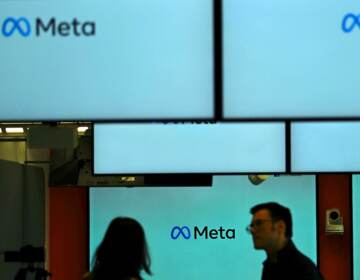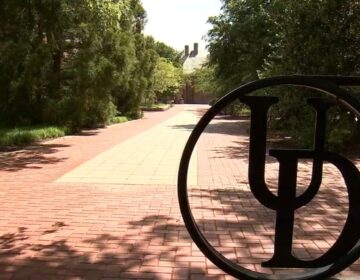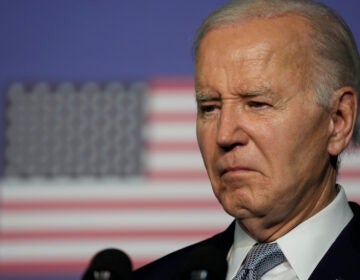Conservative groups lose bid to see Delaware university’s records involving Biden Senate papers
A conservative media outlet and an activist group won’t be allowed access to records related to President Joe Biden’s gift of his Senate papers to the University of Delaware.

University of Delaware's campus (U Del.)
A conservative media outlet and an activist group won’t be allowed access to records related to President Joe Biden’s gift of his Senate papers to the University of Delaware, after the state Supreme Court on Thursday affirmed a judge’s ruling in favor of the university.
The records have been the subject of multiple Freedom of Information Act requests, and the legal battle is playing out amid increased scrutiny of the handling of government documents by elected officials. The FBI searched the University of Delaware earlier this year for classified documents as part of its investigation into the potential mishandling of government records by Biden.
In 2012, when Biden was vice president, he gave his alma more than 1,850 boxes of archived papers and 415 gigabytes of electronic records from his 36 years in the Senate. The donation is subject to a gift agreement that prohibits the records from being made publicly available until two years after Biden “retires from public life.”
In April 2020, Judicial Watch and the Daily Caller News Foundation submitted requests under Delaware’s Freedom of Information Act seeking access to the senatorial papers and records related to Biden’s donation.
The university denied the requests, stating that the records sought were not considered public records under Delaware’s FOIA because they don’t involve the expenditure of state funds by the school, which is privately governed but receives more than $100 million annually in state taxpayer money. The denial was upheld by the office of Delaware’s Democratic attorney general and by a Superior Court judge.
The Delaware Supreme Court overturned the judge’s decision in December 2021 and sent the case back to Superior Court, ruling that the university had not met its burden of proof to justify the denial. The Supreme Court noted that factual assertions by the university were not made under oath and did not describe efforts to identify any responsive documents.
“Unless it is clear on the face of the request that the demanded records are not subject to FOIA, the public body must search for responsive records,” the justices said.
After the case was sent back to Superior Court, Judicial Watch and the Daily Caller News Foundation dropped their request for access to the senatorial papers themselves. They instead sought a copy of the gift agreement and records of all communications between the university and Biden’s representatives related to the papers.
Despite the Supreme Court ruling, the university did not search for any responsive records. Instead, it submitted a sworn affidavit from a university lawyer who said she was told in January 2020 that no state funds had been used in connection with the Biden papers. She was also told that state funds are not used for the school’s email system, over which any relevant communications might have been made.
With the affidavit, the Superior Court judge concluded that the school “performed an adequate search for responsive documents.”
However, the university submitted no evidence of any search. The affidavit, meanwhile, was based on conversations that took place four months before Judicial Watch and Daily Caller News Foundation even filed their FOIA requests — and almost two years before the Supreme Court ruling.
WHYY is your source for fact-based, in-depth journalism and information. As a nonprofit organization, we rely on financial support from readers like you. Please give today.





